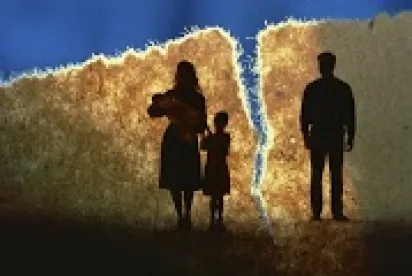More often than not, children witness firsthand their parents’ fights and arguments, which can often escalate during divorce. As parents struggle to deal with their own emotions, and as divorce and separation become imminent, many parents do not realize how in tune, albeit confused and scared, their kids are with what is going on. Many children begin to wonder Why is this happening? Is it my fault? Could I have somehow prevented it? Is mom or dad going to leave? Will I be abandoned? Will I have to move away from their friends and family? Will I be sent to live somewhere else? Will I have to choose?
These questions and the resulting anxieties can present themselves in many ways, such as changes in behavior, acting out, decline in school performance, mood changes, panic attacks, bedwetting, increased need for attention, drug use, and the list goes on. Sadly, these manifestations can fly under the radar because they are happening at such a tremulous time in everyone’s lives. Additionally, parents may believe their kids simply don’t know what is happening, so there is no reason to talk to them about it. They may think this because the word “divorce” isn’t used during conversations or because the kids are in another room when their parents are arguing. But kids usually do know (or sense) that things are not right and as divorce proceedings commence and the process continues, avoiding discussions with your children can be even more detrimental and intensify the negative health and emotional effects of divorce on the children.
The following link from Nemours provides sound advice for divorcing parents, including how to tell your children and how to answer some of the more common questions children ask. The most important thing you can do for yourself and for your children is to take care of yourself, remain aware and get help whenever necessary. Divorce is never easy. It is a tremendous loss and an incredible change for each family member. Don’t hesitate to seek support and ask for help whenever possible. You will become much stronger as a result.
http://kidshealth.org/parent/positive/talk/help_child_divorce.html
Marcela Poole authored this article with contribution from Rebecca Palmer.


 />i
/>i

